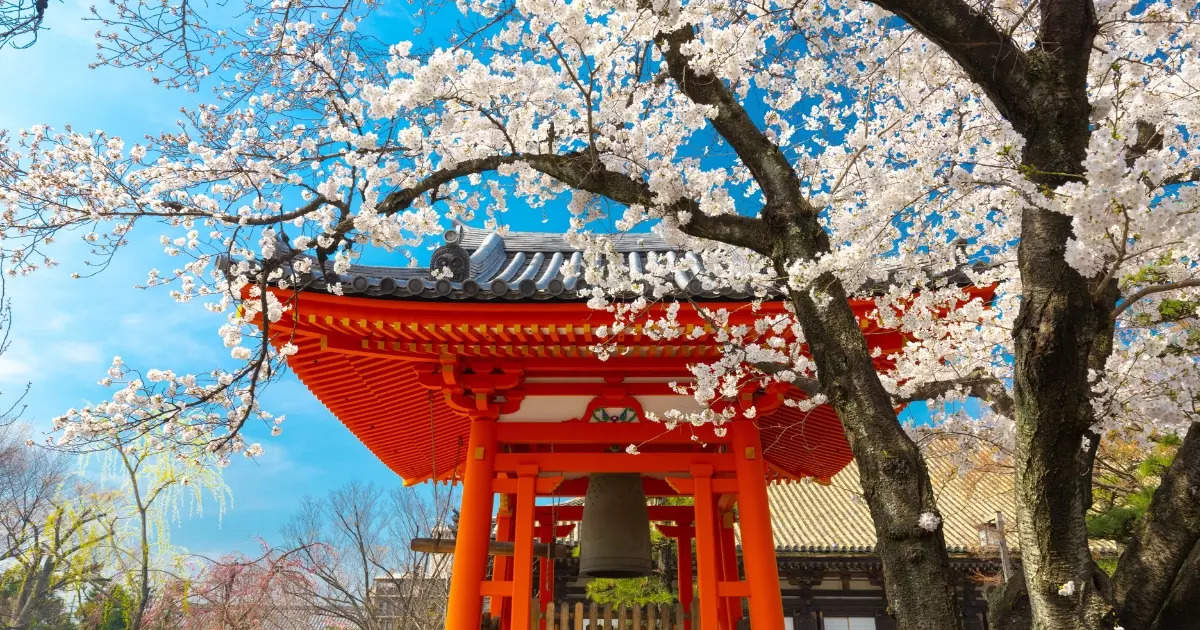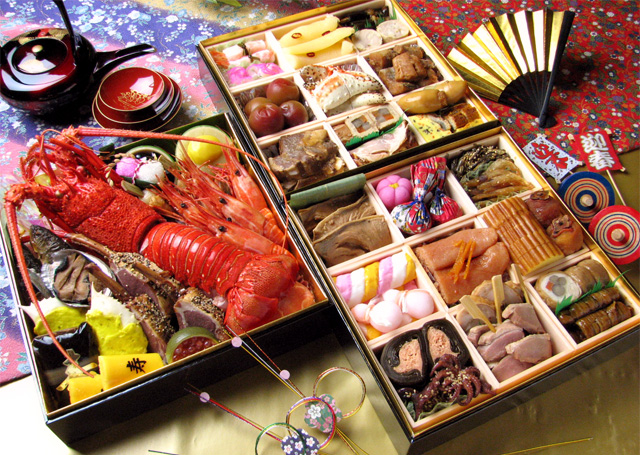
Japanese culture is ancient and is filled with rites and traditions to honor the family. Because Japan is an island country, it was able to moderate the influence of other cultures for centuries. This allowed a distinct culture and heritage to develop for the beautiful Land of the Rising Sun.

Japanese culture is a set of values that puts importance on social harmony and hard work. Up until the 10th century, Japanese culture was similar to the Chinese culture, but the rise of the samurai in the Heian Period and the isolation during the Edo Period changed the rules of society. Overall, the culture was influenced by the local Shinto religion, Buddhism, Confucianism and the limited natural resources. While Japanese lifestyle has been Westernized recently, Japanese people still do everything possible to preserve their rich cultural heritage by practicing tea ceremony, wearing kimono and studying traditional arts and crafts from early childhood.

In Japan, there are three big city areas. They are Tokyo, Osaka and Nagoya areas. Japan is a conformist society where harmony, mutual respect and group consensus are valued. The values of purity and cleanliness come from Shintoism while perfectionism and minimalism come from zen Buddhism. The Japanese philosophy is to work hard, but also know how to unwind and enjoy themselves. The pace of life can be slow and relaxed. As a result, people are less stressed than those living in other countries, especially when it comes to getting things done.

Japanese cuisine, which often is served raw or only lightly cooked, is noted for its subtle and delicate flavors. Perhaps the best-known dish worldwide is sushi— cooked, vinegared rice served with a variety of vegetable, sashimi (raw seafood), and egg garnishes and formed into various shapes; in addition, sashimi is commonly served on its own. Also popular inside and outside Japan is tempura, usually consisting of portions of seafood and vegetables dipped in a rice-flour batter, deep-fried, and served over steamed rice (often with soy sauce), and various dishes made with tofu (soybean curd); tofu may be served on its own or in preparations such as miso soup (made from fermented soybeans). Other notable dishes include sukiyaki and its variation shabu-shabu (which both involve cooking meat and other ingredients in a shallow pot at the table) and various noodle preparations, including soba (made from buckwheat and often served cold) and udon (made from wheat and usually served after quick-frying on a hot grill or in hot broth). Ramen, a souplike noodle dish of Chinese origin, is a staple of Japanese fast food. Onigiri is a ubiquitous foodstuff in Japan and a popular snack consisting of a ball or cone of rice, often with a filling and wrapped in nori (seaweed).

Japan bursts with festivals, both national and local, celebrating everything from deities and seasons to historical events. Witness vibrant parades with portable shrines and ornately decorated floats, energetic drumming and music, and a festive atmosphere that spills into food stalls and communal merriment. From the snowy wonderlands of the Sapporo Snow Festival to the nighttime spectacle of the Kishiwada Danjiri Matsuri, Japan's festivals offer a colorful glimpse into the country's rich traditions.

Japanese anime and manga culture is a global phenomenon, captivating audiences with its unique visual style and diverse range of stories. Manga, comics with a vast selection of genres for all ages, serves as the foundation for many anime adaptations. From action-packed adventures to heartwarming romances, these stories come to life on screen with vibrant animation and expressive characters. This culture isn't just about entertainment; it's a way of life, with dedicated stores, themed cafes, and passionate fans who celebrate their favorite characters and worlds.